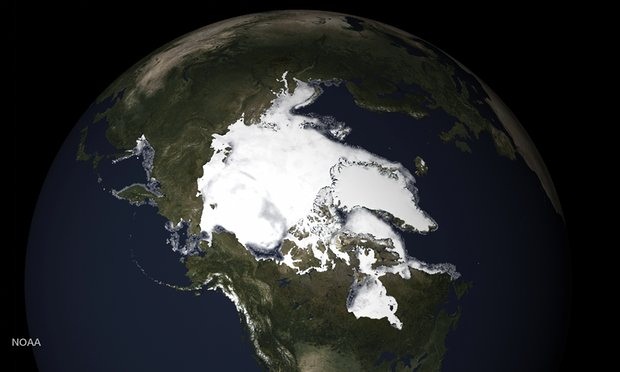A Climate Report that we Ignore at our Peril

Though it does not actually say so, the report of the Committee on Climate Change (Report, 12 July) is a salutary reminder that a capitalist economy based on infinite economic growth, as expressed in terms of consumption-led GDP, is unsustainable and, if allowed to continue in its present form, will ultimately devastate the entire planet. Moreover, unless we cease using fossil fuels for energy and replace them with renewables at the earliest possible opportunity, the voluntary agreement reached at last year’s COP 21 climate summit to limit increases in global temperatures to less than 2C will be little more than hot air. For an energy union like the GMB with thousands of members in the gas industry, the priority must be to establish a viable, UK-based, publicly owned renewable energy industry, thus enabling a just transition for those whose jobs will cease to exist in the coming decades. For this to happen, the vested interests of the privately owned energy monopolies have to be challenged, a point eloquently made by climate activist Naomi Klein at a packed meeting during COP 21 in Paris, organised by the Trade Unions for Energy Democracy network, which GMB supports. Sharing the platform was Jeremy Corbyn, the only senior British politician who understood that the issue of climate change and global warming demanded his presence at the event. Whatever his detractors in the parliamentary Labour party may say about him, he realises that this global emergency transcends party politics and ideological divisions. They would do well to follow his example and stop playing the busted fiddle of capitalism while home burns. The Committee on Climate Change gives the government a warning that global warming could reduce the UK agricultural industry’s ability to maintain its present levels of food production. One of the reasons why the common agricultural policy was created after the last war, was because far-sighted European politicians were desperately worried about European starvation at that time. Their aim of European food self-sufficiency has been achieved. Meanwhile, despite the UK’s high levels of agricultural production, we still have to import 40% of our food. But there has been no need to worry as we are part of an organisation that can easily feed itself.
Read More: https://www.theguardian.com/environment/2016/jul/14/a-climate-report-that-we-ignore-at-our-peril

